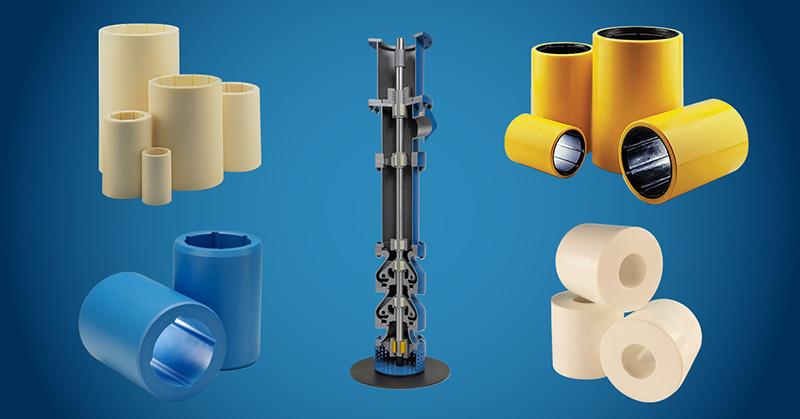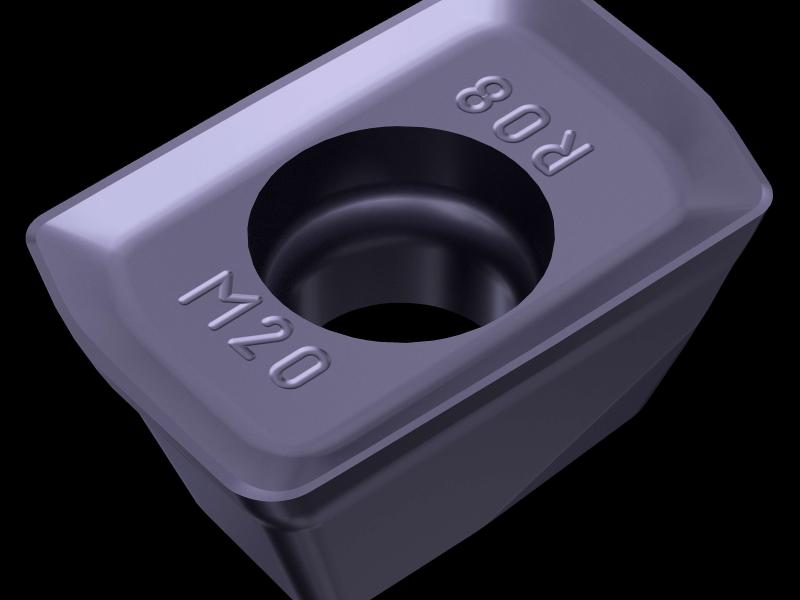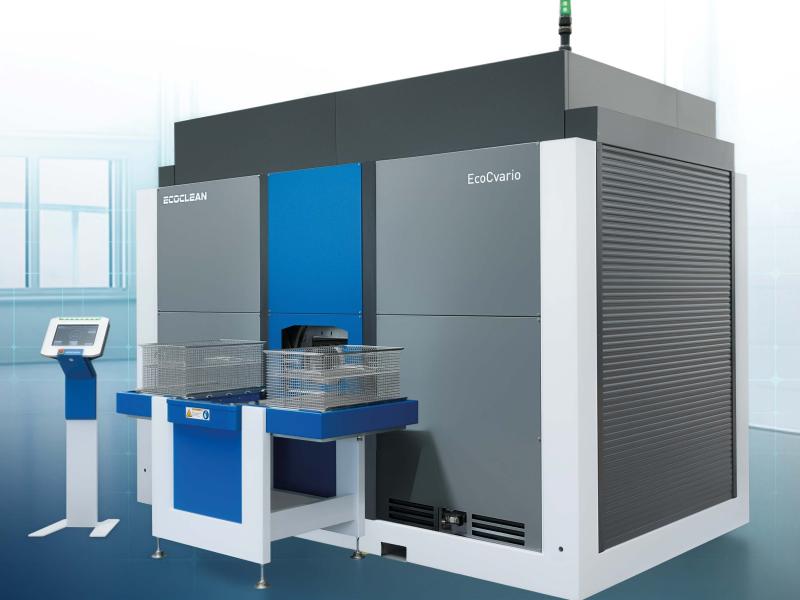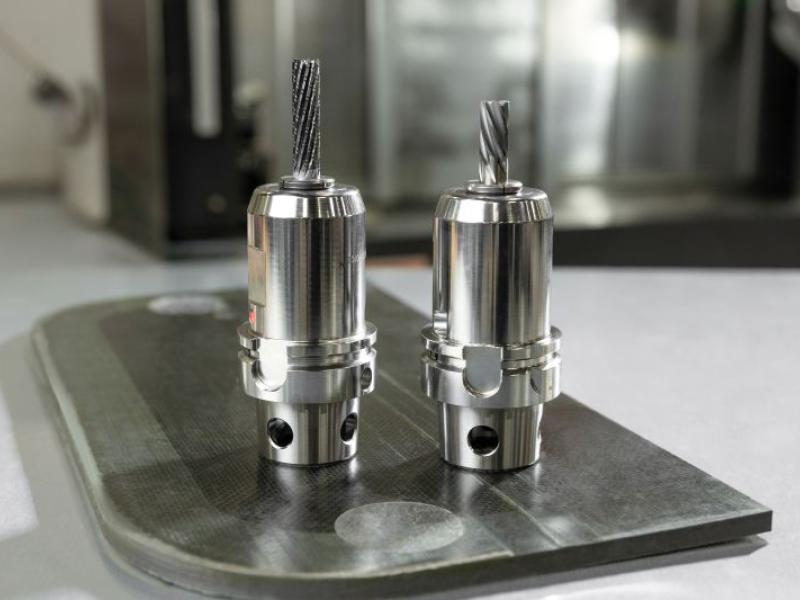Delegates at an international water industry conference learned that bearing selection plays a critical role in vertical turbine pump (VTP) performance, and that application, medium and bearing material should also be considered during pump manufacturing or refurbishment.
“The selection of the most appropriate material for bearings is one of the most important factors affecting pump reliability,” Thordon Bearings’ Strategic Account Manager, Keith Brand told attendees at Water Expo 2023, which took place last week at the Miami Airport Convention Centre.
In his paper Selecting the Right Bearings to Improve Vertical Turbine Pump Reliability, Brand informed industry leaders that “…the nature, particularly the abrasiveness, of the pumped media, is a key variable affecting optimal pump bearing selection and lifespan.” The other key variable, he said, is application. “Abrasive wear and dry starts are the most common causes of bearing failure.”
Taking a deep dive into common oil and water-lubricated bearing materials, such as bronze, carbon graphite, thermoset laminates, Teflon®, thermoplastics and elastomers, Brand explained that they all have their pros and cons. Some bearings have better dry-running capability but poor abrasion or chemical resistance, while others may be better suited to high-temperature environments but fall short on mechanical strength. All tend to be more costly in terms of OPEX.
“In some applications the upper bearings are not lubricated upon start up. This could mean thirty seconds or more of high-speed dry bearing operation, completely ruling out certain materials, such as rubber,” continued Brand.
“Rubber bearings can burn up from frictional heat created with little to no lubricant and most phenolic bearings cannot handle running dry for more than sixty seconds. Here, oil-lubrication or a water flush is required to lubricate the bearings until process water can lubricate the shaft, but this also adds to the cost and can be detrimental to the environment,” he said.
Brand furthered that some manufacturers have attempted to make pump components more chemical and abrasion resistant by isolating the pump’s oil-lubricated bearings and shafts from process water. “But the biggest drawback to this approach is the additional cost,” he said.
Going on to explore the different types of water-lubricated/grease-free polymer bearings available from the Thordon portfolio, Brand explained that Thordon has a range of products to meet the demands and challenges of many types of operating mediums and applications.
For example, the company’s Composite bearing material, an elastomeric polymer alloy, is specially designed for use in highly abrasive operating environments. The SXL material on the other hand balances the operational requirement between abrasion resistance, low friction and good dry start up performance. Meanwhile, Thordon’s ThorPlas-Blue, an engineered thermoplastic, has excellent chemical resistance and can also handle dry starts and operate at higher temperatures. ThorPlas-White has the same great qualities as ThorPlas-Blue, but it is designed specifically for food equipment, drinking and potable water applications and has NSF/ANSI 51/61 and WRAS approval.
The paper goes into much more detail with a useful and informative Thordon material selection guide, showing the grades recommended for VTPs, with direct comparable reference to the key variables such as temperature limits, abrasion resistance, shaft material compatibility, pumping media limitations, dry start capabilities and more.
Summing up, Brand told Water Expo delegates that while there is no single correct answer to bearing selection, understanding pumped mediums and dry startup requirements will narrow down the options. “Ultimately, understanding bearing material selection will keep pumps pumping longer, reduce downtime and maintenance costs, and prevent catastrophic failure,” he said.
To learn more about Thordon Bearings’ proven options for vertical turbine pumps, download Brand’s whitepaper in full at https://thordonbearings.com/pump-whitepaper.






